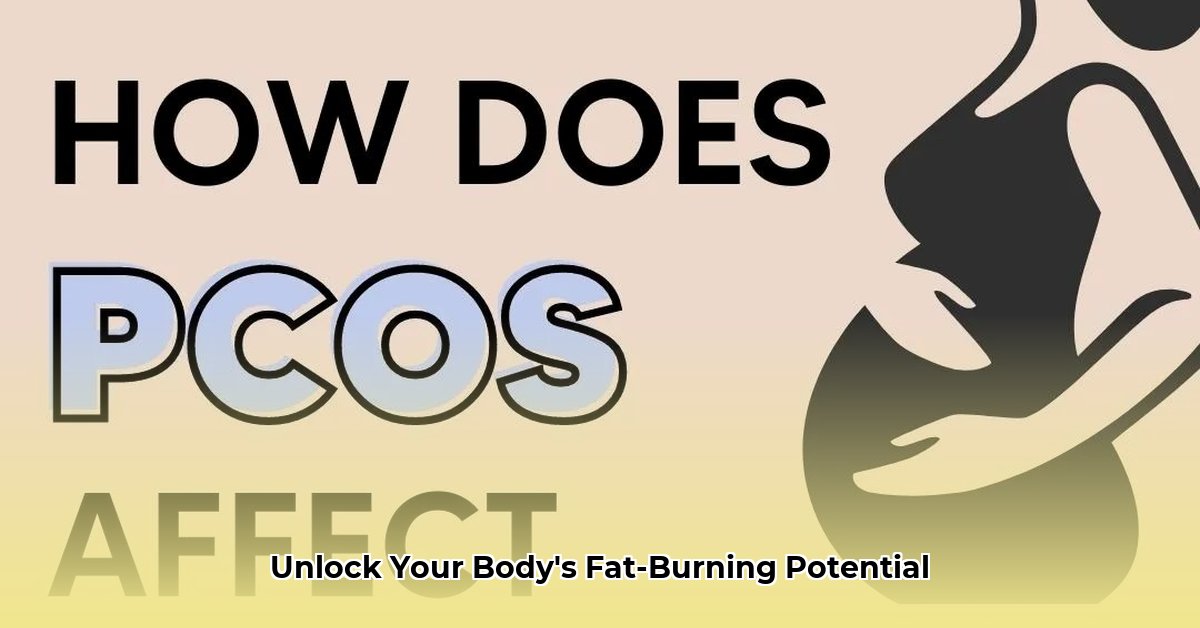
Understanding Male Obesity-Associated Hypogonadism (MOSH)
Male Obesity-Associated Hypogonadism (MOSH) describes a condition where obesity contributes to low testosterone levels in men. This hormonal imbalance can lead to reduced energy, decreased libido, mood changes, and even impacts on body composition, including increased body fat. The reduced testosterone acts like a car running on fumes—several systems aren't functioning optimally. Addressing MOSH requires a multifaceted approach.
How Clomiphene Citrate (Clomid) Works
Clomiphene citrate, commonly known as Clomid, is primarily used to treat infertility in both men and women. However, research suggests a potential role in managing MOSH. Clomid's mechanism involves blocking estrogen receptors in the brain, triggering the pituitary gland to release more luteinizing hormone (LH). Elevated LH levels stimulate the testes to produce more testosterone. This increased testosterone might, in turn, positively influence muscle mass and potentially aid in weight loss by addressing the underlying hormonal imbalance. It's crucial to understand that Clomid doesn't directly burn fat; its effect is primarily hormonal.
The Evidence: Does Clomid Aid Weight Loss in Men with MOSH?
Studies exploring Clomid's efficacy in MOSH have yielded mixed results. Some research indicates increases in testosterone levels and muscle mass, alongside potential improvements in sexual function and metabolic markers like blood sugar control. However, the evidence isn't conclusive. Many studies are small, lack long-term follow-up, and haven't consistently demonstrated significant weight loss. Larger, longer-term studies are needed to confirm Clomid's efficacy and assess its long-term effects. Are the current findings substantial enough to support widespread use? Not yet.
Clinical Implications and Patient Selection
The use of Clomid for MOSH remains largely off-label. Its application should be carefully considered on a case-by-case basis, under strict medical supervision. Patient selection is crucial, focusing on men who meet specific criteria for low testosterone and who haven't responded to lifestyle interventions alone. Thorough monitoring is essential to detect potential side effects and adjust treatment accordingly. Does Clomid guarantee success? No, individual responses vary significantly.
Weighing the Pros and Cons
Potential Benefits:
- Increased testosterone levels, potentially improving energy, mood, and libido.
- Potential increase in lean muscle mass.
- Possible improvement in certain metabolic parameters.
Potential Risks:
- Visual disturbances (blurred vision).
- Liver abnormalities (rare but serious).
- Hot flashes.
- Mood swings.
- Increased risk of blood clots (rare).
Future Directions and Unanswered Questions
While promising, the current understanding of Clomid's role in MOSH management is limited. Future research should focus on larger, well-designed clinical trials to establish its long-term safety and efficacy profile for weight loss and overall metabolic health. Further investigation is needed to identify biomarkers that predict response to Clomid and to refine its use within a comprehensive management strategy. What are the ideal patient selection criteria? What are the optimal dosages and treatment durations? These questions remain unanswered.
Risk Assessment and Mitigation
Given the potential side effects, thorough risk assessment is paramount before initiating Clomid therapy. Regular monitoring of liver function, lipid profiles, and cardiovascular health is essential. Open communication between patient and physician is crucial for early detection and management of any adverse effects. Can these risks be avoided entirely? No, but careful monitoring and adherence to medical guidance significantly reduce their likelihood.
Lifestyle Interventions: An Essential Component
Regardless of medication, lifestyle changes are indispensable for managing MOSH. These include:
- Weight loss: Even modest weight reduction can significantly improve testosterone levels and overall health.
- Regular exercise: Aim for at least 150 minutes of moderate-intensity aerobic exercise or 75 minutes of vigorous-intensity aerobic exercise per week, combined with strength training twice a week.
- Healthy diet: Focus on fruits, vegetables, lean proteins, and whole grains, while limiting processed foods, sugary drinks, and unhealthy fats.
The Bottom Line: Consult Your Doctor
This article provides information for educational purposes only and does not constitute medical advice. Always consult with a healthcare professional before starting any new medication or treatment, including Clomid. Self-treating can be dangerous. A comprehensive approach that combines medication, where appropriate, with lifestyle modifications is fundamental for successful MOSH management. What's the most important takeaway? Seek professional medical guidance.